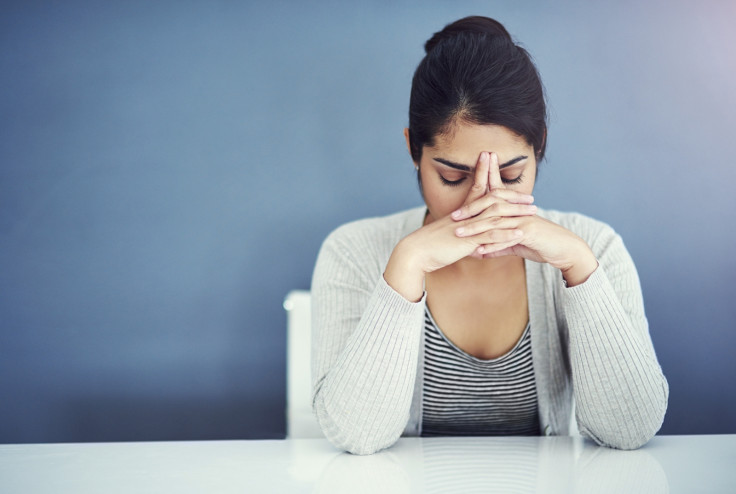Contraceptive pills linked to greater risk of depression in women
According to a new study conducted by Uppsala University in Sweden, women who use combined contraceptive pills are at greater risk of developing depression.

A new study conducted by Uppsala University in Sweden has revealed that women who use combined contraceptive pills are at greater risk of developing depression than women who do not use birth control. The study found that contraceptive pills increased the risk of depression in women by 73 per cent during the first two years of use.
Globally, depression is a leading cause of ill health and more than 260 million people are affected, with at least 25 per cent of women and 15 per cent of men experiencing depression at some stage in their lives.
Another study showed that depression is the most common reason why women stop using birth control pills and that women who used a combination of birth control pills were "significantly more depressed" than a group of women who weren't taking the pills.
The possibility that contraceptive pills lead to depression in women has been widely discussed and debated by medical experts for the past decade, some with curiosity and some with scepticism. In fact, the results of another study published in the Archives of Gynaecology and Obstetrics (AGO) firmly maintained that the link between depression and birth control pills is generally unclear.
To conduct this more recent study, researchers at Uppsala University collected a variety of data ranging from women's use of contraceptive pills, when they were first diagnosed with depression and when they first experienced symptoms of depression before an official diagnosis.
The studied method of contraception was combined contraceptive pills which contain oestrogen, which thins the uterine lining to prevent fertilisation, and progestogen, a compound that resembles the hormone progesterone and prevents ovulation.

According to the data, women who had begun to use contraceptive pills as teenagers had a 130 per cent higher incidence of depressive symptoms, while the increase amongst adult users was approximately 92 per cent.
The researchers were eventually able to distinguish that the increased incidence of depression in women had declined after two years of continuous contraceptive use. However, there was still a maintained incidence of depression in teenage users of contraceptives, even when they stopped using the pills altogether.
Therese Johansson of the Department of Immunology, Genetics and Pathology at the University, and one of the leading researchers of the study, commented: "Contraceptive pills enable women to avoid unplanned pregnancies and they can also prevent illnesses that affect women, including ovarian cancer and uterine cancer. However, certain women may have an increased risk of depression after starting to use contraceptive pills."
The results of the study highly suggest that healthcare professionals require more awareness of possible links between depression and the use of contraceptive pills. All of the researchers concluded that it is of vital importance that healthcare workers inform women who are considering using birth control of any potentially harmful side effects.
Johansson summed up the findings of the study, saying: "Since we only investigated combined contraceptive pills in this study, we cannot draw conclusions about other contraceptive options, such as mini-pills, contraceptive patches, hormonal spirals, vaginal rings or contraceptive rods. In a future study, we plan to examine different formulations and methods of administration."
"Our ambition in comparing different contraceptive methods is to give women even more information to help them take well-informed decisions about their contraceptive options," Johansson said.
© Copyright IBTimes 2025. All rights reserved.






















